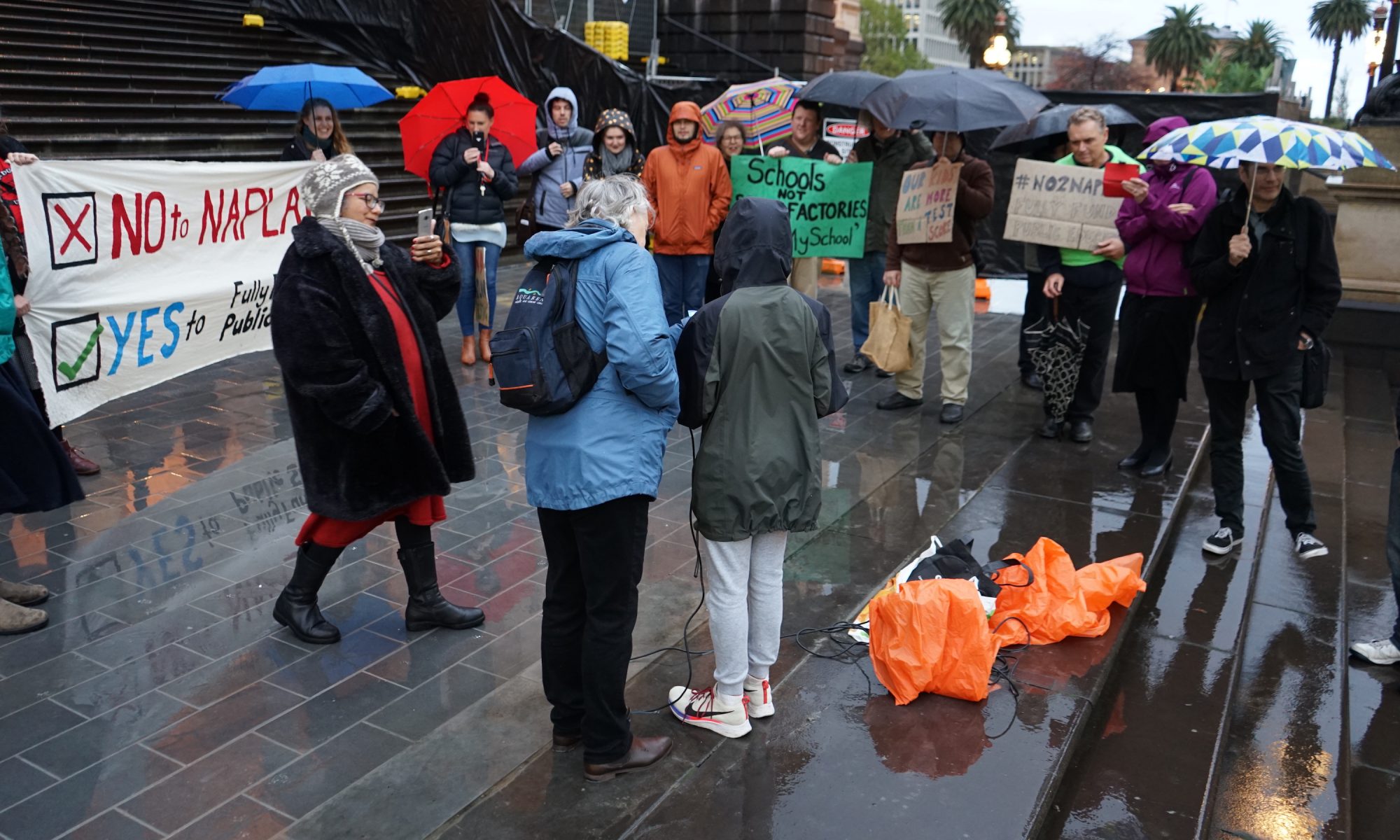K.A.
5 December 2017
Kids and Philosophy
Apparently there are professional philosophers and educational theorists who think that kids can’t do philosophy.
This proposition is a good stimulus for reflection. It begs a whole lot of questions. Here are some:
What is philosophy? What is it for? How is it done? Why can’t children do it? Why can adults do it? What does philosophy do for people? What does it do to people? What does it do for philosophers?
Philosophers disagree about the answers to these questions. But this shouldn’t be a surprise. Practitioners of Philosophy for Children (P4C) have their own answers to these questions; and these answers indicate that children can, indeed, practice philosophy.
Community of Inquiry
On the last MESEJ seminar of 2017, Bonnie Zuidland gave us an opportunity to explore P4C’s answers to these questions. P4C, originally developed by Matthew Lipman, draws heavily from the inquiry pedagogy of the American philosopher and educator John Dewey.
Central to this approach is the community of inquiry – Bonnie presented it to us as a series of steps that allow students to collaborate in a philosophical process.
- Teacher presents a stimulus (scenarios, quotes from philosophers, videos, songs, riddles, poems etc)
- Students ask questions in response to the stimulus; teacher lists those questions
- Students sort questions into categories
- Students choose a question to focus upon
- “Suggestion bombing” – brainstorming answers to the chosen question.
- Analysis and evaluation of the answers that have been proposed
I’ve already modelled the first two steps. I did so in order to give you a feel for how Bonnie conducted the seminar. We did not follow this process precisely, but we were offered stimuli and invited to discuss them – for instance, we began by being asked to distinguish the following three terms: ‘teacher’, ‘ educator’, ‘facilitator.’ This stimulated us to discuss our investments, convictions and presuppositions regarding what we do. It also called upon us to listen to one another, to actively engage and respond to the contributions of others. This is no easy task, but it is essential to the practice.
Techniques
I sometimes get this feeling that philosophy is represented in our culture as the practice of hapless fools. Philosophers don’t do anything, they don’t make anything. They don’t have any proper skills. They just waffle about in their naïve bubble, spouting irrelevant nonsense about vapid ‘ thought experiments’. That sometimes feels like the zeitgeist to me. But I also believe that it is a true representation of some philosophers and some ways of doing philosophy. As someone who has spent many years in the discipline, I make this confession with a touch of shame.
But I only feel shame because I know philosophy as something else. For me, philosophy is a rigorous discipline, replete with transformative techniques and insights. Philosophy is not a site of specialled esotericism but a tool which cultivates suspicion, modesty, attention and patience. It is a way of trying to make sense of our reality as a whole – not a key to knowing everything, but a key for making sense of the things that come our way.
Critiques
You need to be wary of philosophy, and you need to be wary of this presentation of philosophy. Many philosophers are wary of philosophy, and many have (paradoxically) refused the discipline in order to offer philosophical critiques of the discipline.
It is worth exploring one example that came up for us.
There is a certain way of doing philosophy (but not the only way, not by far), that takes philosophy as the free and unimpeded sharing of ideas in a safe and neutral space. This pretence of free dialogue obscures the lived reality of complex and multifocal power relations. We perceive and understand ourselves and others through the mediation of these relations. And all this keeps happening through words, bodies, institutions and places.
Words do things, as do the ways that we occupy space. The things they do are never neutral or free. So we are never mere equals when we sit down in order to make sense of an issue.
The same applies for children in the classroom. What if students generate racist, ableist, queerphobic or sexist questions? Should the teacher encourage this, allowing students to explore it and (hopefully) find reason to refute it? Or should the teacher weigh in, closing down the discussion or subtly shifting the path of the discussion? Should all questions be respected as equally valid? Even if the consequence of this is the normalisation and obscuration of violent presuppositions? Is there a middle ground? One which respects earnest engagement but intervenes into dangerous lines of inquiry? And is it better to have these discussions in class rather than the playground?
We did not find answers to these questions. But we intend to keep trying. Such questions point to challenges that are present in all classroom settings, irrespective of the ages of students or the discipline in question.

